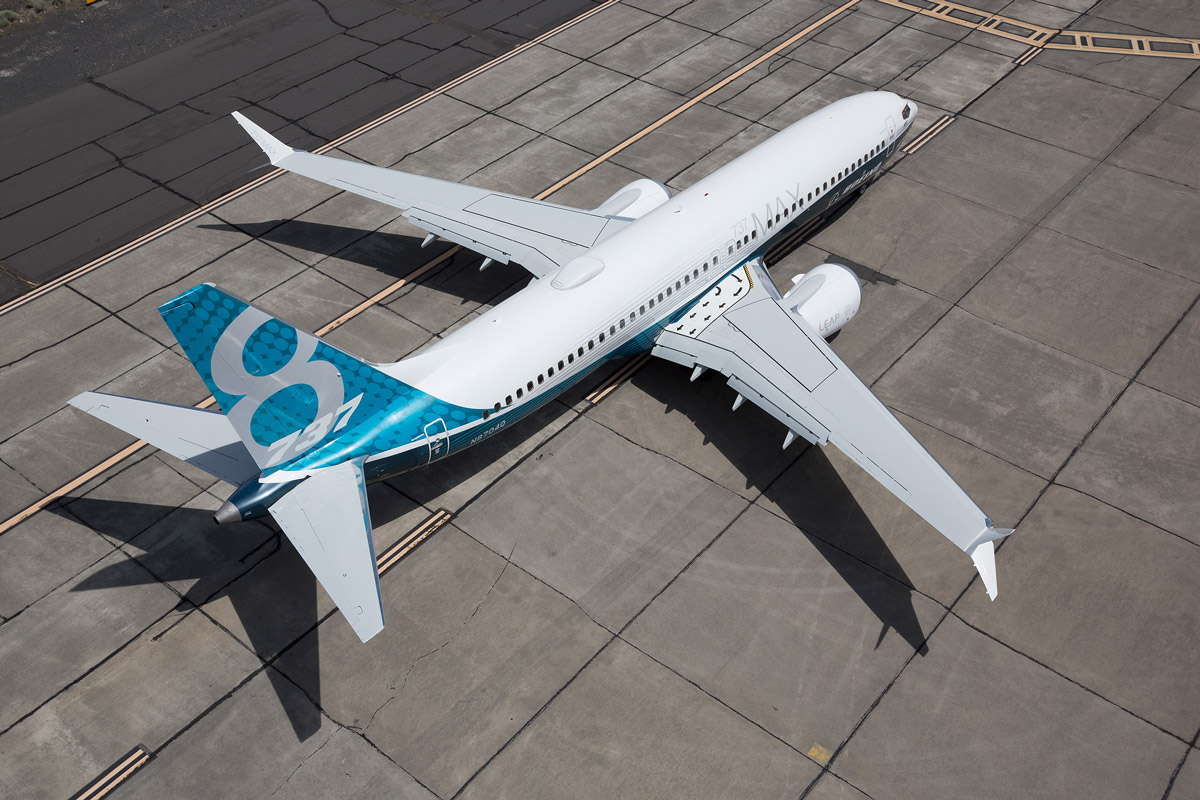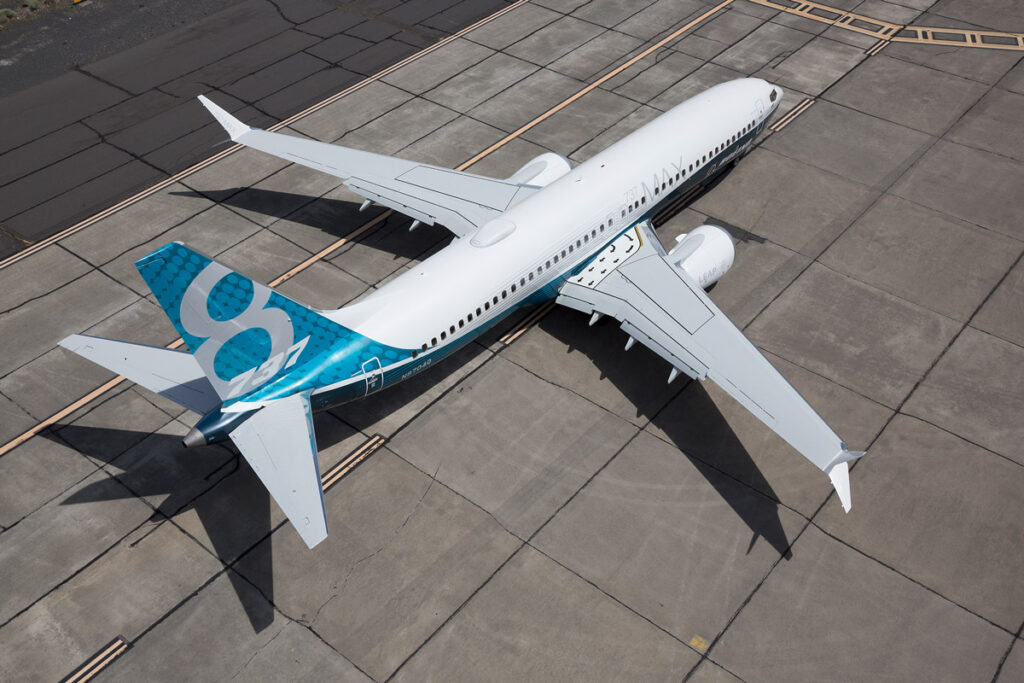- Agreement comprises a rail system with a network of around 1000km – first being a 460km project valued around 3bn$
- Turnkey Engineering, Procurement and Construction project including 15 years of services
- Siemens Mobility to provide high-speed and regional trains, locomotives, rail infrastructure, system integration and other services
The National Authority for Tunnels, a governmental authority under the jurisdiction of the Ministry of Transport of Egypt, and Siemens Mobility have signed a Memorandum of Understanding (MoU) – together with the local companies Orascom Construction S.A.E. and The Arab Contractors (Osman Ahmed Osman & Co.) – to design, install and commission Egypt’s first ever high-speed rail transportation system. Additionally, Siemens Mobility will be providing maintenance services. The agreement comprises a rail system with a network of 1000km, with the first being a 460km high-speed line. The order value of this initial high-speed line is around 3bn$.
The MoU was signed by Essam Waly, Chairman of Egypt’s National Authority for Tunnels, and Michael Peter, CEO Siemens Mobility, in a meeting on January 14, 2021 in Cairo. This was witnessed by His excellency, Prime Minister Mostafa Madbouly, His excellency, Minister of Transport Egypt Kamel Al Wazir, as well as Siemens CEO Joe Kaeser and Siemens Deputy CEO Roland Busch.
The first 460 km long high-speed line will connect the vastly developing cities of El-Alamein on the Mediterranean Sea to Ain Sokhna on the Red Sea, while also passing through the New Administrative Capital. The line will also be operable for freight transport purposes which will further foster economic growth in the region.
Siemens Mobility is the global leader in high-speed rail operations and is one of the leading companies in the Egyptian mobility market since the 1960s. The company has also extensive experience in delivering high-speed rail projects in the Middle East and Africa region.
As a leading global rail turnkey project provider with a proven track record of delivering projects on time, Siemens Mobility integrates its portfolio elements and delivers complete rail systems reliably and from one single source. So far, the company has successfully completed around 50 turnkey projects all over the world – delivering many ahead of schedule. Latest projects include the Extension of the Blue Line metro in Bangkok finished last year and the Copenhagen Light Rail project.
For further information about Siemens Mobility, please see: www.siemens.com/mobility



